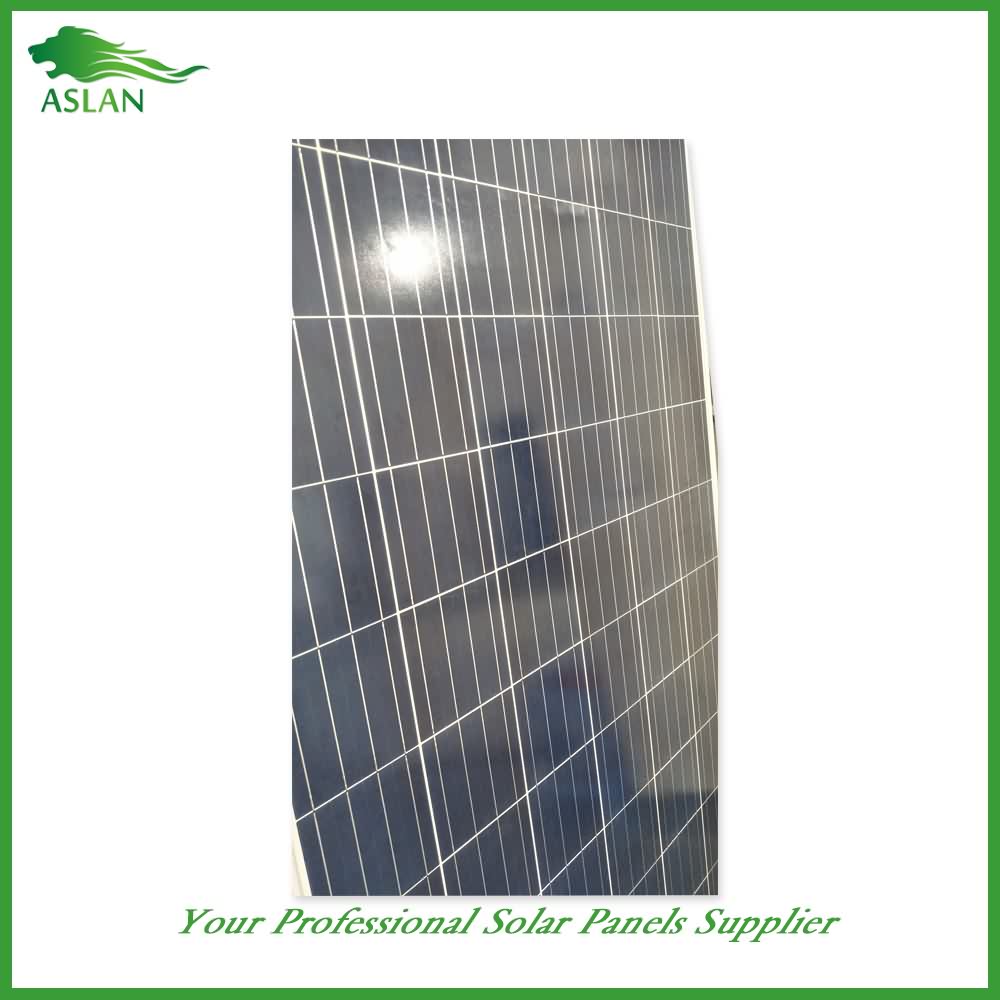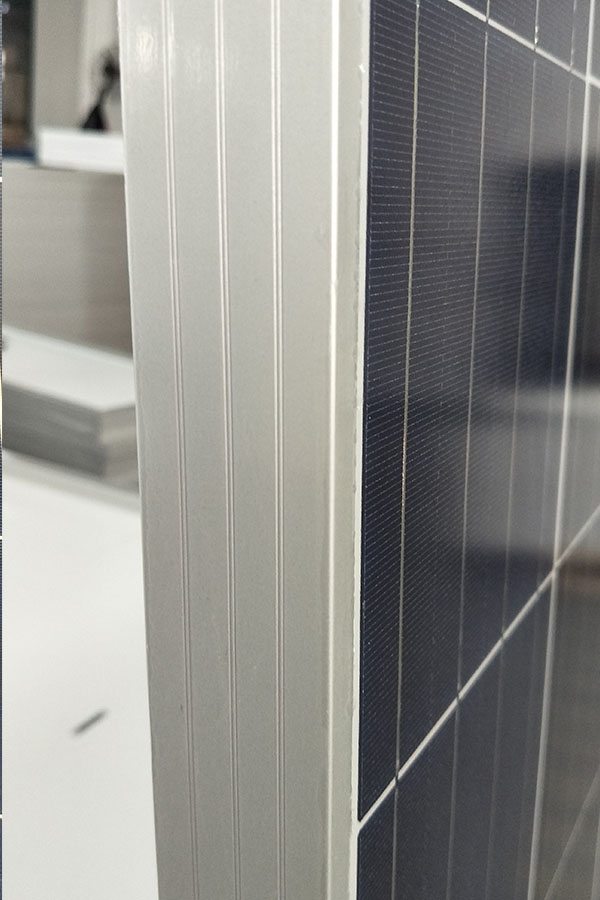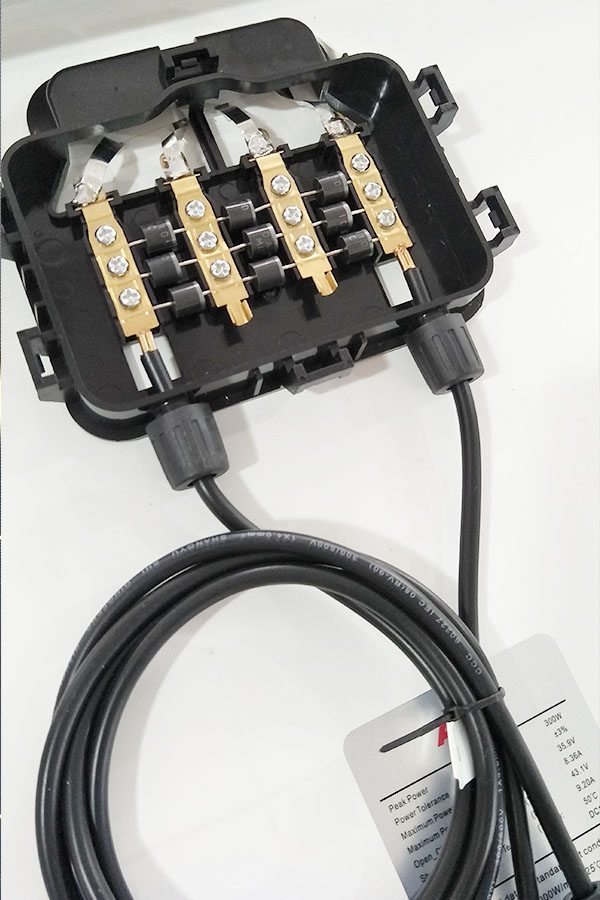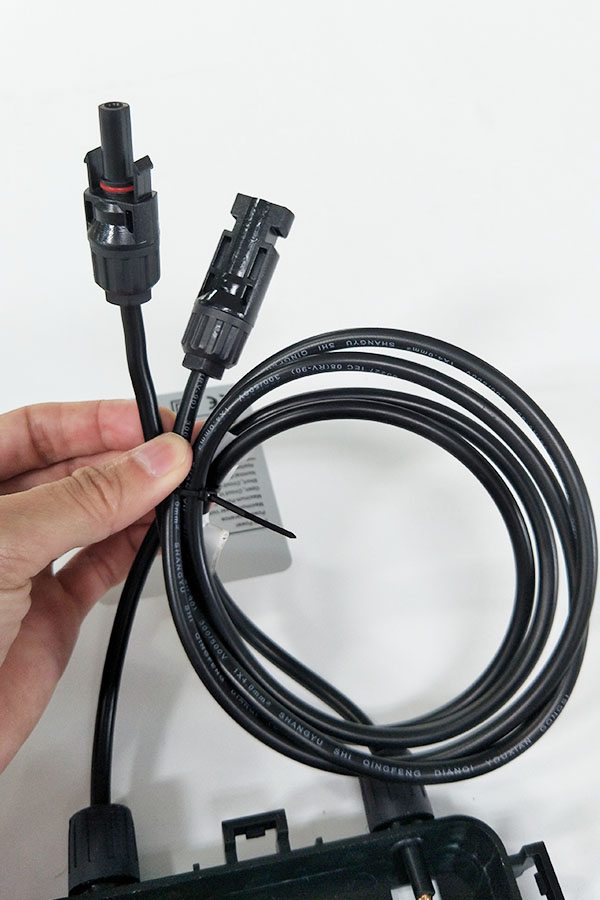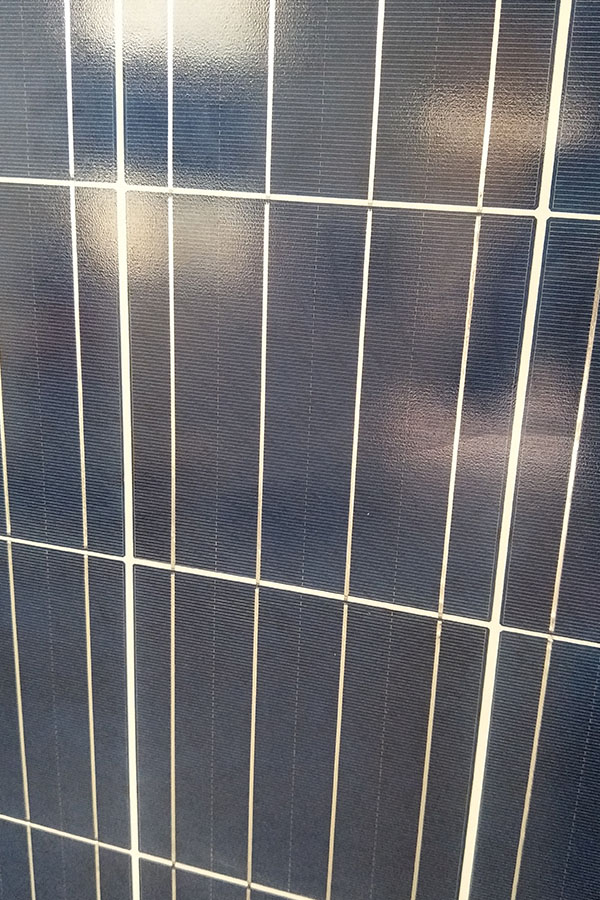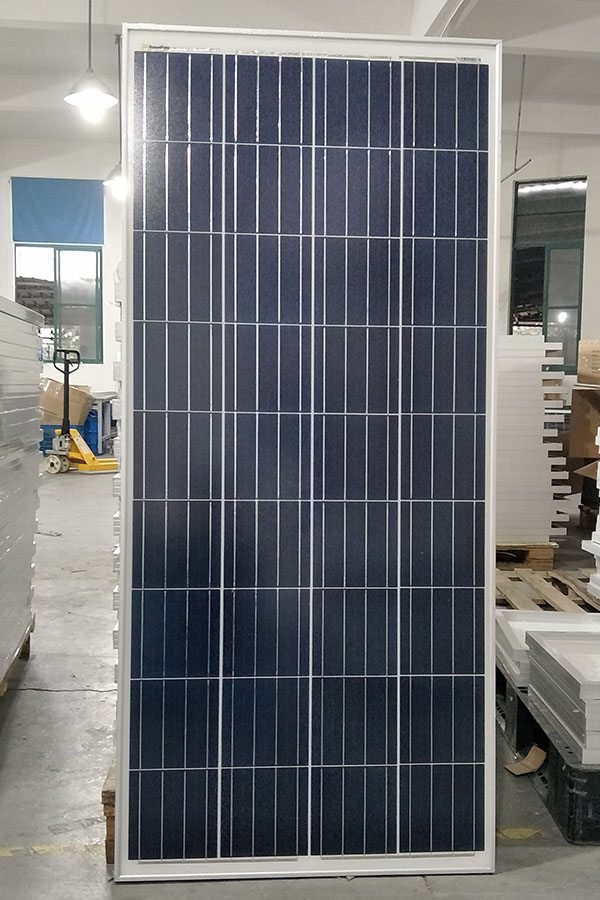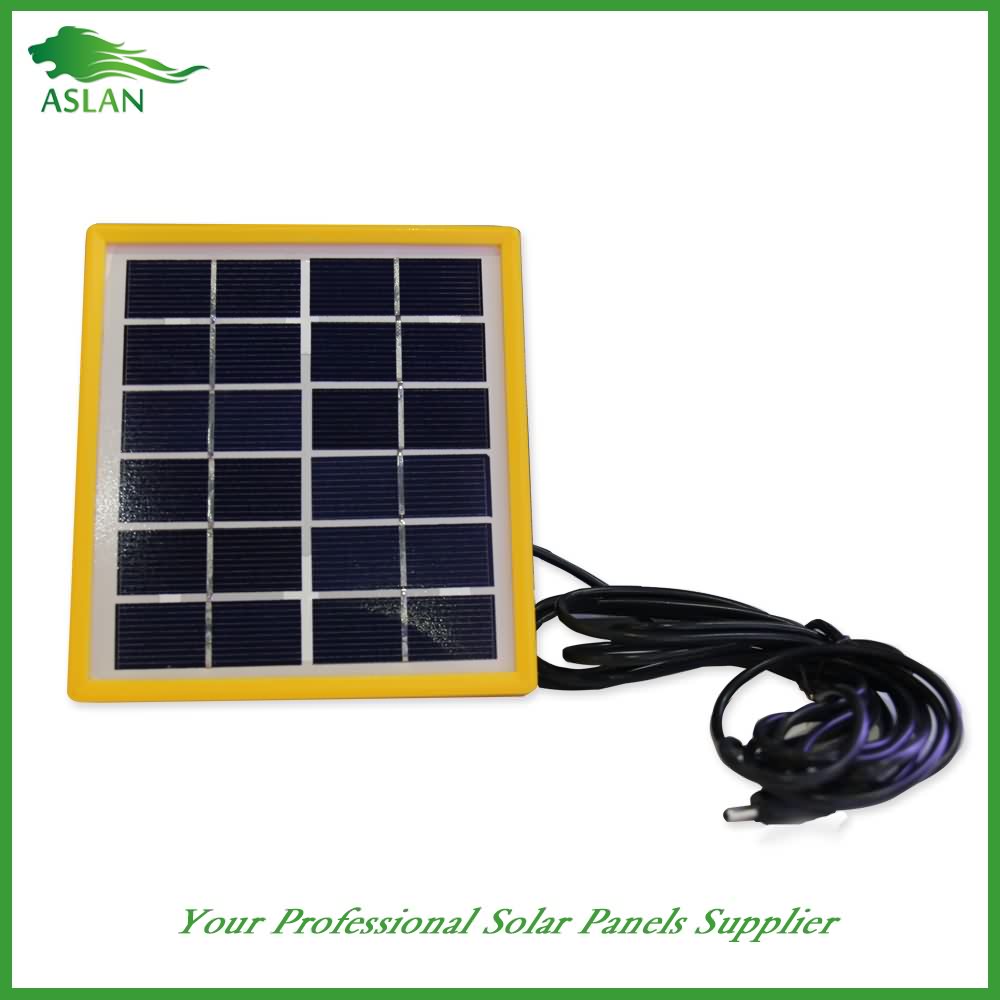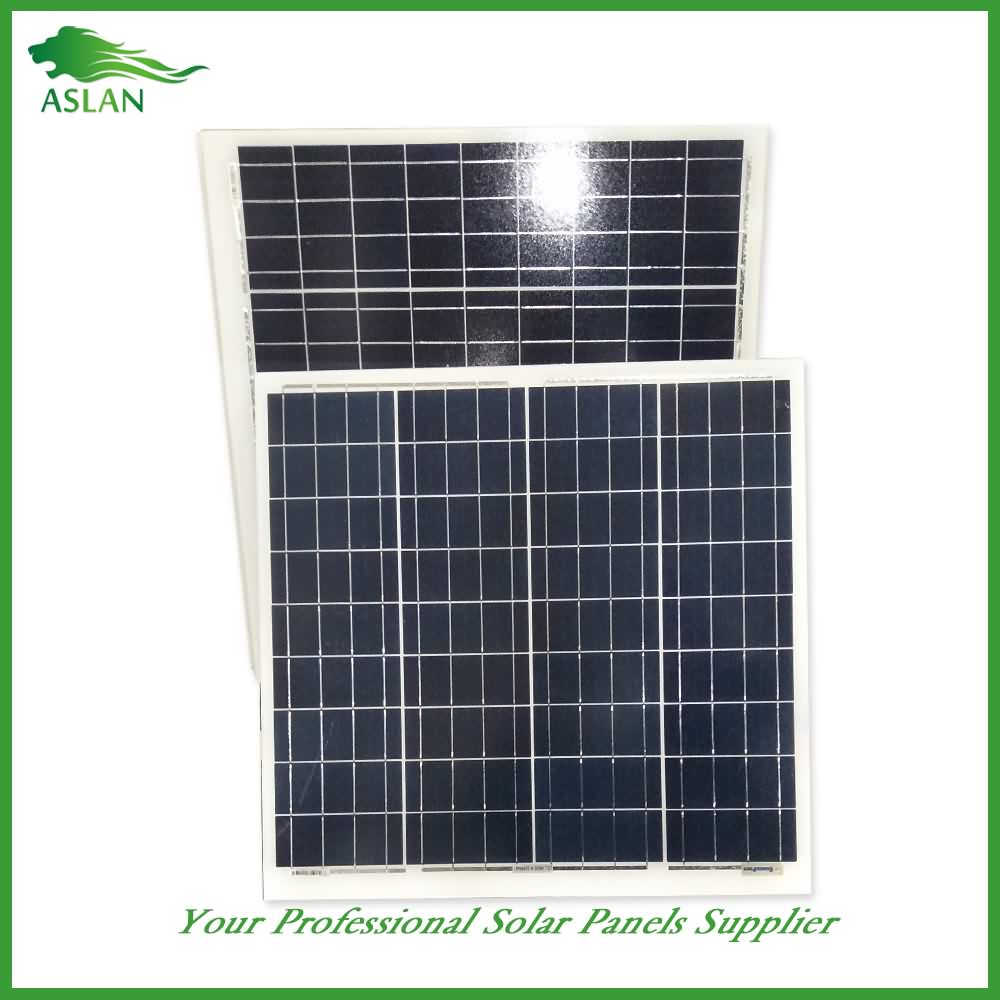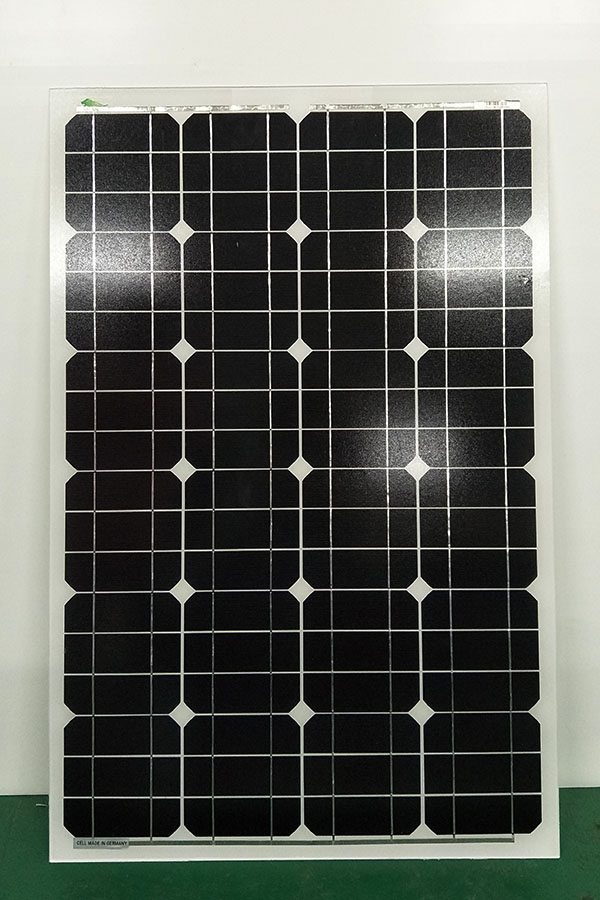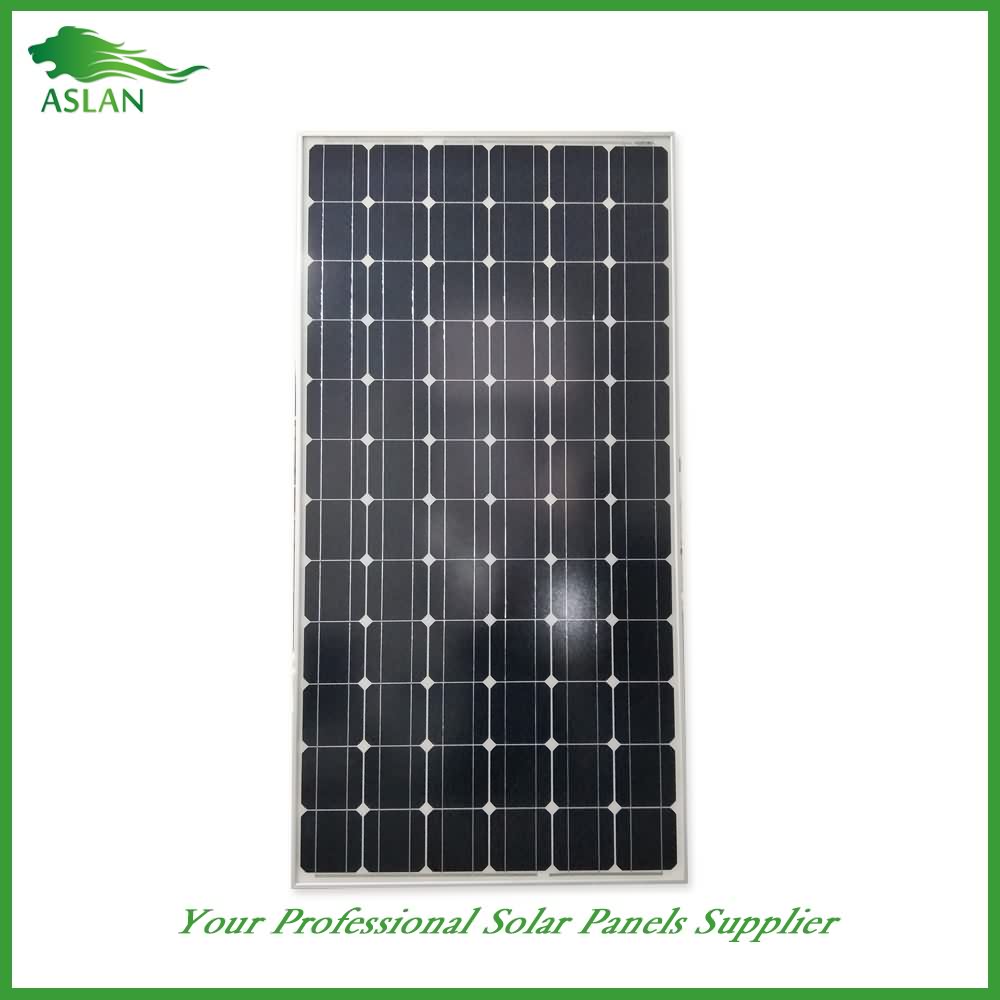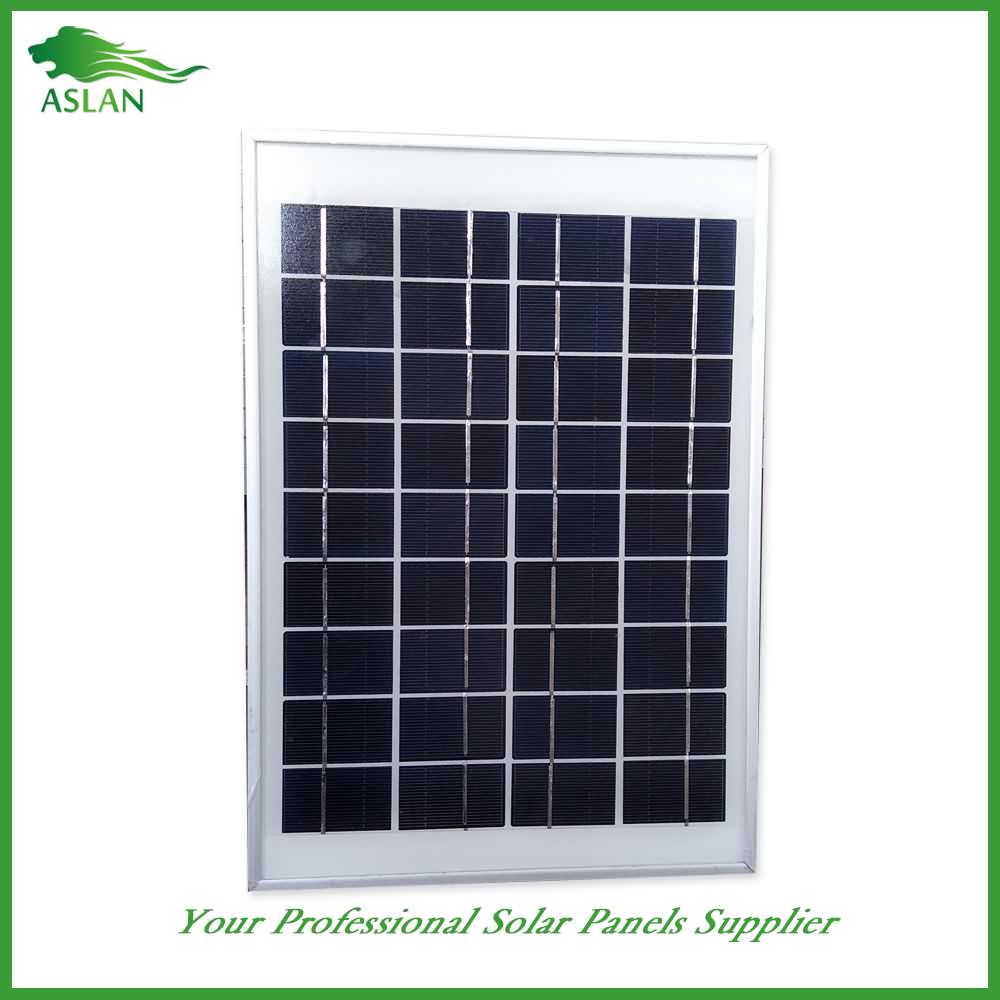Popular Design for Poly-crystalline Solar Panel 200W for Philadelphia Manufacturer
Short Description:
With this motto in mind, we have become one of the most technologically innovative, cost-efficient, and price-competitive manufacturers for Popular Design for Poly-crystalline Solar Panel 200W for Philadelphia Manufacturer, Our aim is to help customers realize their goals. We are making great efforts to achieve this win-win situation and sincerely welcome you to join us
Poly-crystalline Solar Panel 200W
Technical parameter
Maximum Power(W) 200W
Optimum Power Voltage(Vmp) 26.78V
Optimum Operating Current(Imp) 7.47A
Open Circuit Voltage(Voc) 32.66V
Short Circuit Current(Isc) 8.21A
Mechanical Characteristics
Cell Type Polycrystalline 156x156mm (6 inch)
No of Cell 54 (6x9pcs)
Dimensions 1482x990x40mm
Weight 17.6Kg
Front Glass 3.2mm,High Transmission, Low Iron,Tempered Glass
Junction box IP65 Rated
Output Cable TUV 1×4.0mm2/UL12AWG,Length:900mm
Temperature and Coefficients
Operating Temperature(°C): -40°C ~ + 85°C
Maximum System Voltage: 600V(UL)/1000V(IEC) DC
Maximum Rated Current Series: 15A
Temperature Coefficients of Pmax: -0.47%
Temperature Coefficients of Voc: -0.389%
Temperature Coefficients of Isc: 0.057%
Nominal Operationg Cell Temperature (NOCT): 47+/-2°C
Materials of solar panel
1).Solar Cell——Polycrystalline solar cell 156*156mm
2).Front Glass——-3.2mm, high transmission, low iron, tempered glass
3).EVA——-excellent anti-aging EVA
4).TPT——-TPT hot seal made of flame resistance
5).Frame——anodized aluminum profile
6).Junction Box——-IP65 rated, high quality, with diode protection
Superiority: high quality anodized aluminum frame, high efficiency long life, easy installation, strong wind resistance, strong hail resistance.
Features
1. High cell efficiency with quality silicon materials for long term output stability
2. Strictly quality control ensure the stability and reliability, totally 23 QC procedures
3. High transmittance low iron tempered glass with enhanced stiffness and impact resistance
4. Both Poly-crystalline and Mono-crystalline
5. Excellent performance in harsh weather
6. Outstanding electrical performance under high temperature and low irradiance
Quality assurance testing
Thermal cycling test
Thermal shock test
Thermal/Freezing and high humidity cycling test
Electrical isolation test
Hail impact test
Mechanical, wind and twist loading test
Salt mist test
Light and water-exposure test
Moist carbon dioxide/sulphur dioxide
Researchers have developed a solar paint that can absorb water vapour and split it to generate hydrogen – the cleanest source of energy.
The paint contains a newly developed compound that acts like silica gel, which is used in sachets to absorb moisture and keep food, medicines and electronics fresh and dry.
But unlike silica gel, the new material, synthetic molybdenum-sulphide, also acts as a semi-conductor and catalyses the splitting of water atoms into hydrogen and oxygen.
The RMIT researchers found that mixing the compound with titanium oxide particles leads to a sunlight-absorbing paint that produces hydrogen fuel from solar energy and moist air.
Titanium oxide is the white pigment that is already commonly used in wall paint, meaning that the simple addition of the new material can convert a brick wall into energy harvesting and fuel production real estate.
There’s no need for clean or filtered water to feed the system. Any place that has water vapour in the air, even remote areas far from water, can produce fuel.
Hydrogen was the cleanest source of energy and could be used in fuel cells as well as conventional combustion engines as an alternative to fossil fuels.
This system can also be used in very dry but hot climates near oceans. The sea water is evaporated by the hot sunlight and the vapour can then be absorbed to produce fuel.
News Source: https://www.rmit.edu.au/news/all-news/2017/jun/solar-paint-offers-endless-energy-from-water-vapour
Convert a junk TV into a 2000ºF solar cooker. Here’s a technique for hacking a 4 foot mega magnifying lens out of your old TV, and some of the things you can do with it!
Endcard Links:
Scorcher Frame: https://goo.gl/OFCaEr
Power of Solar: https://goo.gl/5ghwUx
Make Electricity: https://goo.gl/VgdqqP
Metal Melter: https://goo.gl/jolsPz
See What Else I’m Up To:
Instagram: https://goo.gl/C0Q1YU
Facebook: http://bit.ly/FBTheKingOfRandom
Pinterest: http://bit.ly/pingrant
Business Inquiries: For sponsorship requests or business opportunities please contact me directly: http://www.youtube.com/thekingofrandom/about
WARNING:
This project should not be attempted without adult supervision and adequate training. Misuse, or careless use, of tools or projects may result in serious injury or death. Heat generated from a Fresnel lens can exceed 2000ºF and cause serious damage to persons or property. Use of this video content is at your own risk.
Credits;
Music By: Jason Shaw (RP-MedTempoRock)
http://www.audionautix.com
Project Inspired By:
fencekid http://youtu.be/p7dvd959wfg
My “Solar Scorcher” project was originally inspired by Dan Rojas of GreenPowerScience: http://youtu.be/JkgFk15uBxw (Fresnel Lens Giant “Big Daddy”)
Project History & More Info:
These TV’s are old, extremely heavy, and are breaking down on people everywhere. They usually cost more to fix than they could be sold for, so people are begging you to come take them away for free!
I usually find mine on the classified ads under the “free” section, but they are also common on the sides of streets and alleyways where people have left them for trash.
PLEASE NOTE: These lenses are found in “rear-projection” televisions and not all are the same. Some are discolored, and some concentrate to a beam rather than a point. The particular screen I found was a crystal clear acrylic lens that focused to a point. It may have been luck that I found it on my first try, because 3 TV’s after that all had lesser grade lenses, but still produced enough heat to melt zinc. Just FYI! You can also see http://youtu.be/xExXjXm0YV0 for examples of these different lenses.
It was brought to my attention that Kipkay did a project like this a couple of years ago that he called the “Solar Death Ray”. It’s probably where FenceKid got the idea, which in turn, inspired me. Check out his awesome video: http://www.youtube.com/watch?v=sAT6IRBK_uE
